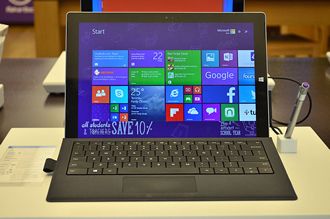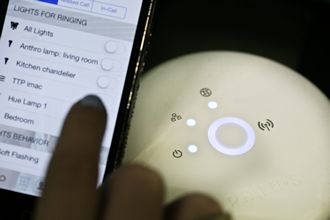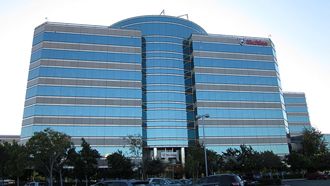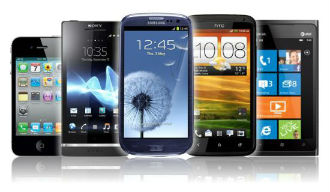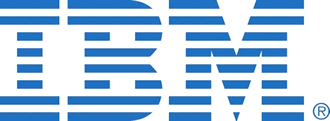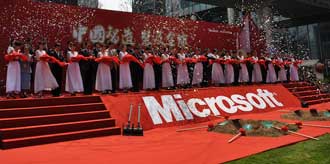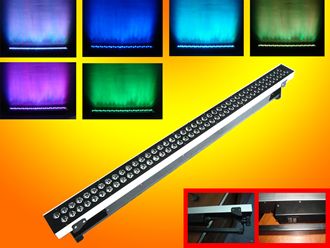 The Noble Prize for physics has been awarded to the three inventors of LEDs (light emitting diodes)..
The Noble Prize for physics has been awarded to the three inventors of LEDs (light emitting diodes)..
The invention of the LED was awarded to Isamu Akasaki, Hiroshi Amano and Shuji Nakamura and has led to a market worth billions of dollars.
IHS, a market research company, said the invention of the technology in the early 1990s was worth $17.7 billion in 2013, leading to 250,000 jobs. And that’s not counting all the LED markets including lighting, signage, and consumer electronics.
IHS research manager for LEDs and lighting at IHS, William Rhodes, said the invention changed all the rules.
The market before LEDs mostly used indicator lights in toys, industrial and car applications, said Rhodes. This year over 90 percent of all displays were backlit by LEDs while LEDs will represent a third of all lightbulb sales in 2014.
